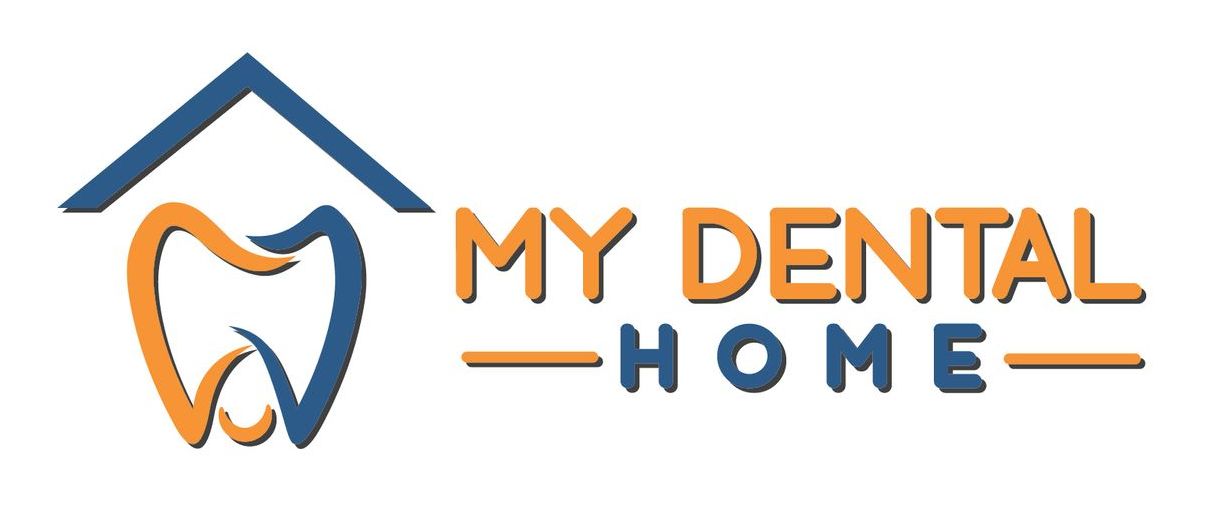Comprehensive Guide to TMJ Disorders: Symptoms, Causes, and Treatment
Temporomandibular joint (TMJ) disorders are a group of conditions that can cause pain, discomfort, and reduced functionality in the jaw joint and surrounding muscles. The TMJ is the joint that connects your jaw to the skull, allowing you to move your jaw for actions such as speaking, chewing, and yawning. When the TMJ or its surrounding structures become damaged, stressed, or misaligned, it can lead to TMJ disorders.
TMJ disorders can be attributed to a variety of factors, such as injury, chronic teeth grinding (bruxism), misaligned bite, stress, or arthritis. Identifying the symptoms and receiving prompt and appropriate treatment from a dental professional is critical to minimizing discomfort, preventing complications, and maintaining proper jaw function. At My Dental Home in Swartz Creek, Michigan, our team of dental experts is dedicated to providing comprehensive care for those suffering from TMJ disorders. In this article, we will discuss the common symptoms, causes, and various treatment options available for TMJ disorders, empowering patients to make the best decisions for their oral health.
Recognizing the symptoms of a TMJ disorder is the first step towards addressing your condition and improving your quality of life. Common symptoms of TMJ disorders may include jaw pain, tenderness, or stiffness; headaches; earaches; clicking or popping sounds in the jaw; limited jaw movement; and bite misalignment. If you have experienced any of these symptoms, consulting with a dental professional is crucial for an accurate diagnosis and personalized treatment plan.
Treatment options for TMJ disorders can vary depending on the underlying cause, severity of the condition, and patient preferences. Some possible treatment approaches include at-home care, pain management, oral appliances, physical therapy, lifestyle modifications, and, in more extreme cases, surgery. A partnership with an experienced dental professional, such as the team at My Dental Home, is essential for selecting the best treatment option and achieving optimal results.
Common Symptoms of TMJ Disorders
Being aware of the common symptoms of TMJ disorders is crucial for early detection and prompt treatment. Some symptoms you may experience include:
1. Jaw pain or tenderness: This is one of the most common symptoms and may be present when chewing, speaking, or at rest.
2. Headaches: TMJ disorders can lead to tension headaches, often experienced as a dull, aching pain in the forehead or near the temples.
3. Earaches: Ear pain or discomfort, even without an infection, can be indicative of a TMJ disorder.
4. Clicking or popping sounds: These noises can occur when opening or closing the mouth, and may be accompanied by pain or discomfort.
5. Limited jaw movement: TMJ disorders can cause restricted jaw movement, making it difficult to open the mouth wide, yawn, or chew comfortably.
6. Bite misalignment: A shifting or misaligned bite can develop due to TMJ disorder-related muscle tension or joint issues.
If you experience any of these symptoms, it's essential to consult with a dental professional to receive an accurate diagnosis and personalized treatment plan.
Causes of TMJ Disorders
TMJ disorders can result from various factors that affect the jaw joint and surrounding muscles. Some common causes include:
1. Injury or trauma: Injuries to the jaw or head can lead to TMJ disorders by damaging the joint or causing muscle tension.
2. Teeth grinding (bruxism) and clenching: Chronic teeth grinding or clenching puts excessive stress and pressure on the TMJ, contributing to TMJ disorders over time.
3. Misaligned bite: A bite that is not properly aligned, such as an overbite or underbite, can strain the TMJ and lead to a TMJ disorder.
4. Stress: High stress levels can cause muscle tension in the face and jaw, potentially exacerbating TMJ disorder symptoms.
5. Arthritis: Inflammatory conditions such as osteoarthritis or rheumatoid arthritis may affect the TMJ, causing the joint to degenerate or become inflamed over time.
Understanding the specific cause of your TMJ disorder is vital for determining the most appropriate treatment options.
At-Home Care and Pain Management
Conservative, at-home care is often the first step in treating TMJ disorders. Simple strategies for managing your symptoms include:
1. Over-the-counter pain relievers: Non-prescription medications such as ibuprofen can help alleviate pain and inflammation associated with TMJ disorders.
2. Heat or cold therapy: Applying heat packs or cold compresses to the affected area can help reduce swelling and relieve discomfort.
3. Eating soft foods: Temporary dietary changes to eat softer foods can reduce strain on the TMJ while you undergo treatment.
4. Stress management: Techniques such as deep breathing exercises, meditation, and gentle stretches can help reduce stress and muscle tension.
If at-home care does not provide sufficient relief, it's essential to seek professional guidance for more advanced treatment options.
Professional Treatment Options for TMJ Disorders
Your dental professional might recommend one or more of the following treatment options based on your unique needs:
1. Oral appliances: A custom-made oral appliance, such as a bite splint or night guard, can help protect the teeth from grinding, reduce jaw muscle tension, and improve bite alignment.
2. Physical therapy: Exercises and targeted therapy can help improve jaw function, strengthen muscles, and alleviate pain associated with TMJ disorders.
3. Lifestyle modifications: Your dentist may recommend adjustments to daily habits, such as avoiding excessive gum chewing or adopting a better posture while working at a computer.
4. Dental treatments: Addressing underlying dental issues, such as correcting a misaligned bite with orthodontic treatment, can help alleviate TMJ disorder symptoms.
5. Surgery: In more severe cases, surgical interventions may be necessary to repair or replace the TMJ, although these procedures are typically considered a last resort.
Conclusion
TMJ disorders can cause considerable discomfort and impact your ability to perform daily tasks, such as eating and speaking. Recognizing the symptoms, understanding the underlying causes, and considering various treatment options are essential steps towards addressing your TMJ disorder effectively. At My Dental Home in Swartz Creek, Michigan, our team of skilled dental professionals is committed to helping you find relief from TMJ disorder pain and restore your quality of life. Contact us today for
general and family dentistry services.
Contact Us
Business Hours
- Monday
- Closed
- Tue, Fri
- -
- Wed - Thu
- -
- Sat - Sun
- Closed
Contact Us
Business Hours
- Monday
- Closed
- Tue, Fri
- -
- Wed - Thu
- -
- Sat - Sun
- Closed
All Rights Reserved | Energize Group

